Vitamin D plays a key role in over 300 processes in the body, making it no surprise that it has long been considered a super nutrient. Often called the sunshine vitamin, there is even more of a reason to shine a light on its immune-boosting benefits as we enter the winter season in the U.S.
That's because even though it is important to our health, our body can't make it on its own. In fact, most people get their vitamin D through a chemical reaction that takes place in the skin during sun exposure.
As the sun sets on the summer/fall season and people spend more time indoors, now is the perfect opportunity to ensure you are not a part of more than 40% of the US population estimated to be deficient in vitamin D.
Read on to find out more about this superstar vitamin and how it can power a healthy immune response throughout the year.
Vitamin D and Immune Health
Vitamin D is an essential nutrient that is required for the body to function well. Your body can source Vitamin D from food as well as produce it naturally in response to sunlight exposure. Unfortunately, many people are deficient and many more are functioning at sub-optimal levels for robust health.
Multiple factors affect the body's ability to produce vitamin D including the season, weather, location, air pollution, sunscreen use, skin tone and age. The body breaks down vitamin D quickly, meaning that stores can run low without regular consumption or consistent direct sunlight exposure. Vitamin D levels have also been shown to decline with age, primarily due to a reduction in either the absorption or metabolism by the liver. Additionally, vegans/vegetarians can be more susceptible to low levels of this vitamin, as the richest dietary sources are predominantly animal-based.
When the body is low in vitamin D, immune function can be affected. Many recent studies have confirmed the significant role of vitamin D in the inflammatory cytokine response. Optimal levels have been shown to protect against invaders; by increasing white blood cell production the ability for harmful replication is decreased.
In addition to immune system support, adequate levels of vitamin D also offers the following benefits:
Maintains bone and dental health
Increases calcium absorption and balance
Supports blood sugar balance, and metabolism
Helps increase musculoskeletal strength
Supports positive mood
Sources of Vitamin D
1. Dietary Sources
Vitamin D is naturally only present in a handful of foods, which is likely why it is one of the most common nutrient deficiencies. Western diets are particularly low in sources of vitamin D. For this reason, some packaged foods and beverages are fortified with the synthetic version, however, these tend to provide far less of the vitamin than whole food sources.
These foods are notable dietary sources:
Fish including salmon, sardines and mackerel
Liver
Pasture-raised eggs, concentrated in the yolk
Certain mushrooms (shiitake)
2. Supplementary
While spending 10-20 minutes in the sun (without sunscreen) is said to be an optimal way to get your daily dose of vitamin D, there are many reasons why this may not be possible. Concerns over the impact of prolonged sun exposure on skin health over time also need to be considered. In addition to limitations from sunlight exposure, as outlined above, getting an adequate intake of vitamin D from diet alone may also prove difficult, which is why supplementation is beneficial and highly recommended for overall health.
Your Vitamin D Solutions
Research suggests that supplemental vitamin D offers a variety of health benefits from improved immune health to improved mood. It's important to distinguish between various types, and know what formulation is best for you. Vitamin D is a fat-soluble vitamin that includes three compounds: vitamins D1, D2, and D3. The forms of D2 and D3 are most important for humans. While vitamin D2 is most often found in fortified foods, D3 is produced naturally by our bodies.
Here are several effective Vitamin D solutions:
Vitamin D3: High Potency Liquid: A high-potency, liquid vitamin D formula requiring just a couple of drops per day to reach your ideal dosage. This product is ideally used along with a Daily Activated Multi-Vitamin or Daily Nutritional Support shake, which both include vitamin D3 synergistic partners such as magnesium, calcium, and vitamin K.
The D3 formulation offers additional benefits:
Concentrated and highly bioavailable
Convenient, pleasant tasting and easily mixed
Absorption is enhanced when combined with healthy fats
Since many children routinely test outside the optimal range for healthy levels of vitamin D, supplementing their diets can be a good idea with a specially formulated Kid's Vitamin D3 Liquid for children under 50 lbs that offers all the benefits. If you have specific dietary requirements there are also Vegan Vitamin D3 (Capsules) formulated from a sustainable, high-quality plant source as a suitable option.
Since vitamin D is a critical building block for foundational immune health, if you don't consume enough each day or spend adequate time in the sun, it is imperative that you improve levels through supplementation. (Blog source)







